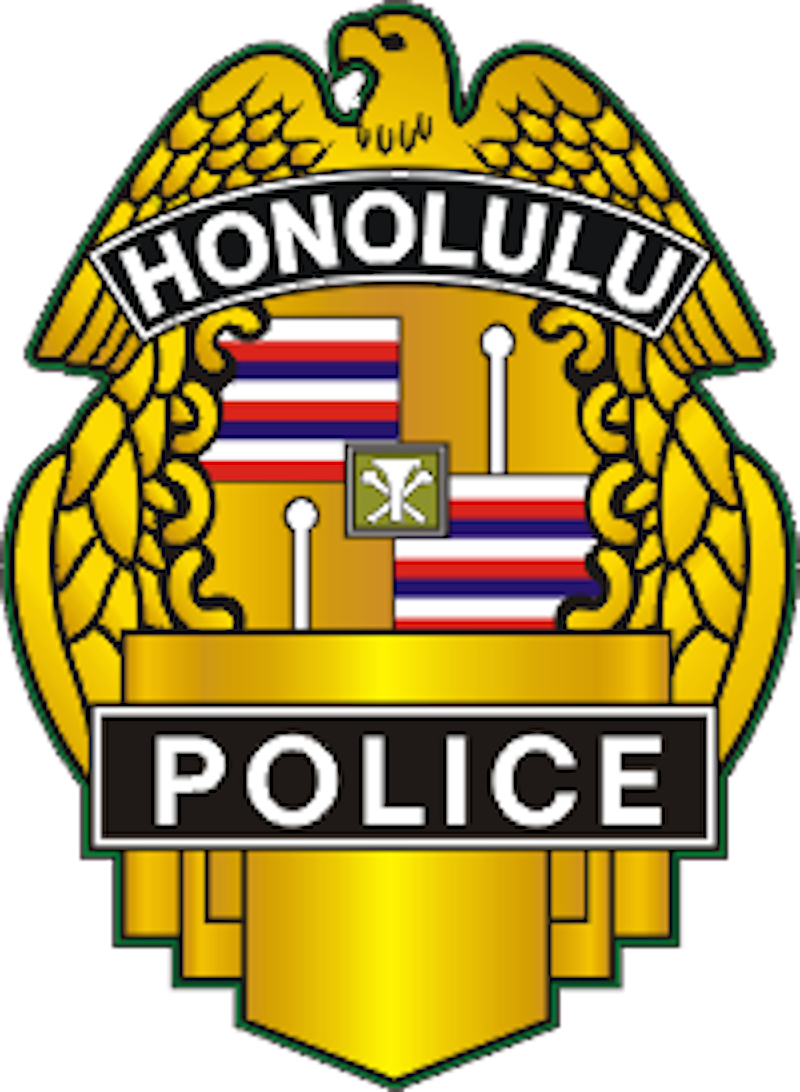Police officers shall promote mediation as a way to
resolve community disputes that are not life-threatening.
MEDIATION CENTER OF THE PACIFIC
A. Officers may refer persons involved in
conflicts and disputes to the Mediation Center of
the Pacific, which was established to help resolve
problems through mediation.
B. The purposes and goals of the Mediation
Center of the Pacific are as follows:
1. To provide an efficient, minimal-charge
service for resolving minor disputes and providing
long lasting solutions;
2. To prevent crime by resolving minor disputes
at the lowest level before they escalate into serious problems; and
3. To help overcome feelings of alienation,
helplessness, and apathy by showing residents that
they are part of a community that can solve its own problems.
TYPES OF CONFLICTS THE MEDIATION CENTER WILL ACCEPT
A. Family problems;
B. Neighborhood problems (noise, pets, parking, etc.);
C. Landlord tenant problems (repairs, noise, etc.);
D. Disputes over money, personal property, etc.;
E. Juvenile problems (vandalism, fights, etc.);
F. Consumer problems (refunds, bad merchandise, exchanges, etc.); and
G. School problems (student fights, etc.).
PROCEDURES
A. Brochures containing information on
mediation, the mediation center, and mediation
referral forms for use by disputants are available
from the center (see the attachment for contact information).
B. The referral form should be completed by
the potential mediation participants and dropped
off at or mailed to the mediation center.
C. Mediation meetings are held at the convenience
of both parties. A mediator will assist disputants
in working out solutions. When an agreement is reached,
the mediator records the elements of the agreement
and both parties sign the document.
D. The mediation hearings are confidential.
The mediation center will use all available legal
means to resist attempts to subpoena its case files,
mediators, or staff. All records are destroyed at
the end of the mediation. Copies of the agreement
are given to the parties involved, with the understanding
that the document is not legally binding.
E. If a dispute persists or escalates into a
more serious situation, officers shall inform victims/
complainants that they should contact the Victim/
Witness Kokua Services, Department of the Prosecuting
Attorney. Officers shall also inform citizens of
other helping agencies available in the community,
such as the Crime Victim Compensation Commission.
